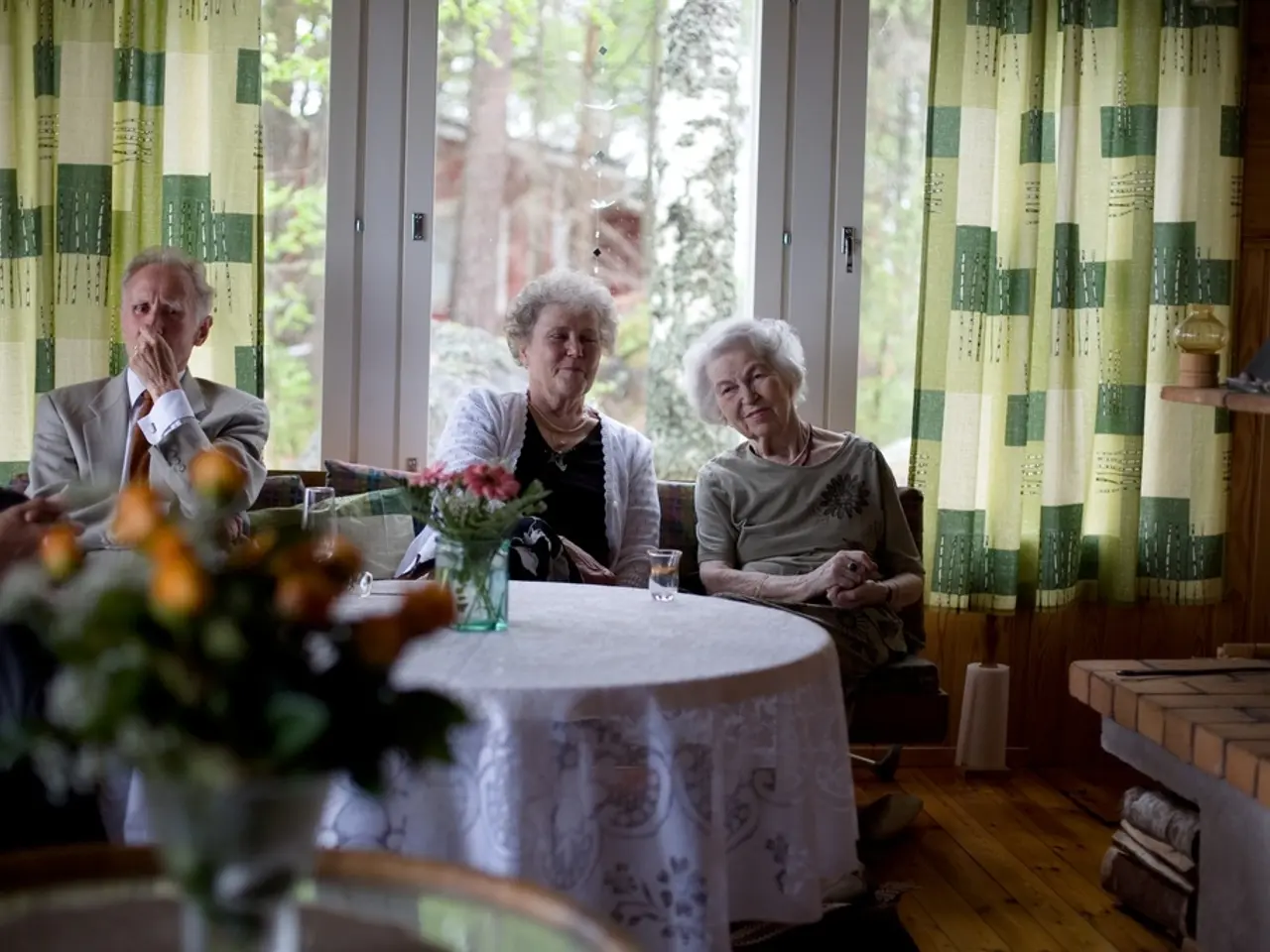Individuals, whose loved ones pass away prematurely, before reaching pension age, are not exempted from inheritance tax scrutiny
Changes to Inheritance Tax and Private Pensions: What You Need to Know
Starting from April 6, 2027, unused private pension funds of individuals who die before reaching the minimum pension age (currently 55, rising to 57 in 2028) will become subject to Inheritance Tax (IHT) in the UK [1][2][4]. This change removes the previous exemption that allowed pensions to pass to beneficiaries free of IHT if the pension holder died before accessing their pension.
Here are the key points to consider:
- Pension savings previously not accessed at death will be aligned with other inherited assets for tax purposes, becoming liable to up to 40% IHT. This effectively ends the incentive to use pensions as a tax-efficient wealth transfer vehicle upon death prior to retirement [1][2].
- The responsibility to report and pay IHT primarily falls on the deceased’s personal representatives (PRs), not the pension scheme administrators as originally proposed. PRs will need to manage this tax alongside other estate duties, potentially increasing administrative burdens [1][3][5].
- Certain pension-related benefits remain exempt from IHT, notably death in service lump sum payments and dependants' scheme pensions from defined benefit or collective money purchase arrangements paid to spouses, civil partners, or charities [1][3].
- The policy has raised concerns among financial professionals who consider it a "particularly brutal" disincentive to pension saving, especially since many with long-term pension savings could see much of their pension wiped out by tax upon a premature death [4].
The Government's plan to make money remaining in pension pots liable for IHT has prompted widespread criticism. Financial experts advise against crystallizing losses by making bigger pension withdrawals during market downturns. Instead, they suggest considering options like buying an annuity, as suggested by wealth manager Evelyn Partners.
Many savers plan to use their pensions for more holidays due to the inheritance tax changes. Others are choosing to transfer assets to their children more quickly to avoid the IHT on pension savings. It is advisable to consult with a financial advisor to understand the best course of action for your unique circumstances.
[1] The Telegraph - "Pension savings to become subject to inheritance tax from 2027" [2] The Guardian - "Pension savings to be taxed on death from 2027" [3] GOV.UK - "Inheritance Tax: Pensions" [4] The Express - "Pension savings to be taxed on death from 2027: 'Particularly brutal' disincentive to saving" [5] FTAdviser - "Pension death benefits to be subject to IHT from 2027"
- Adjustments to inheritance tax and private pensions have led to pension savings that are not accessed at death becoming liable for up to 40% inheritance tax, effectively ending the tax-efficient advantage of using pensions as a wealth transfer vehicle upon death before retirement.
- The responsibility of reporting and paying inheritance tax on pension funds lies primarily with the deceased's personal representatives, creating potential administrative burdens alongside other estate duties.
- While certain pension-related benefits, such as death in service lump sum payments and dependants' scheme pensions, remain exempt from inheritance tax, concerns have been raised about the policy's potential to deter pension saving.
- Financial advisors suggest considering alternatives like buying an annuity or transferring assets to children more quickly to mitigate inheritance tax on pension savings, as the government's plan to make money remaining in pension pots liable for inheritance tax has faced widespread criticism.




